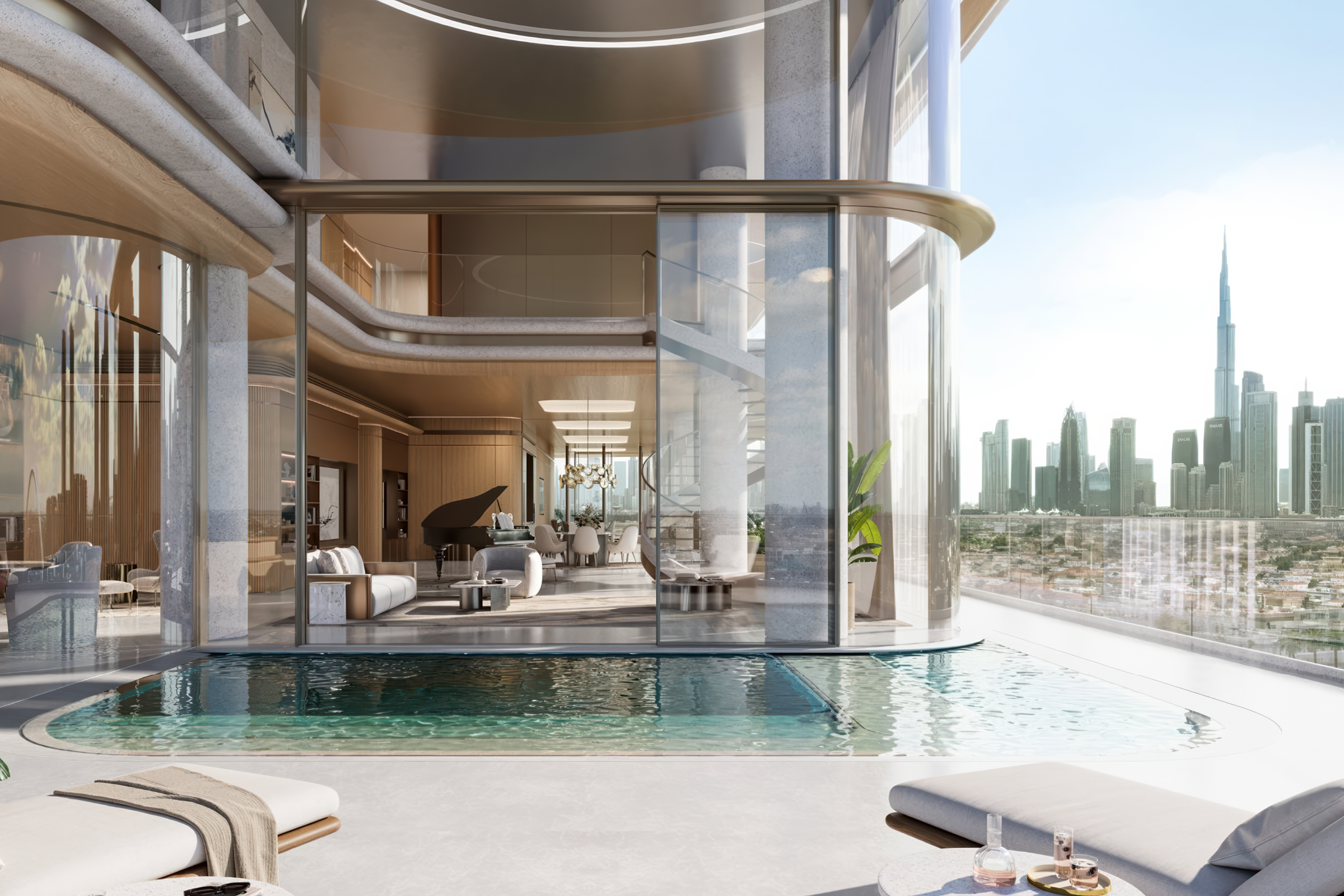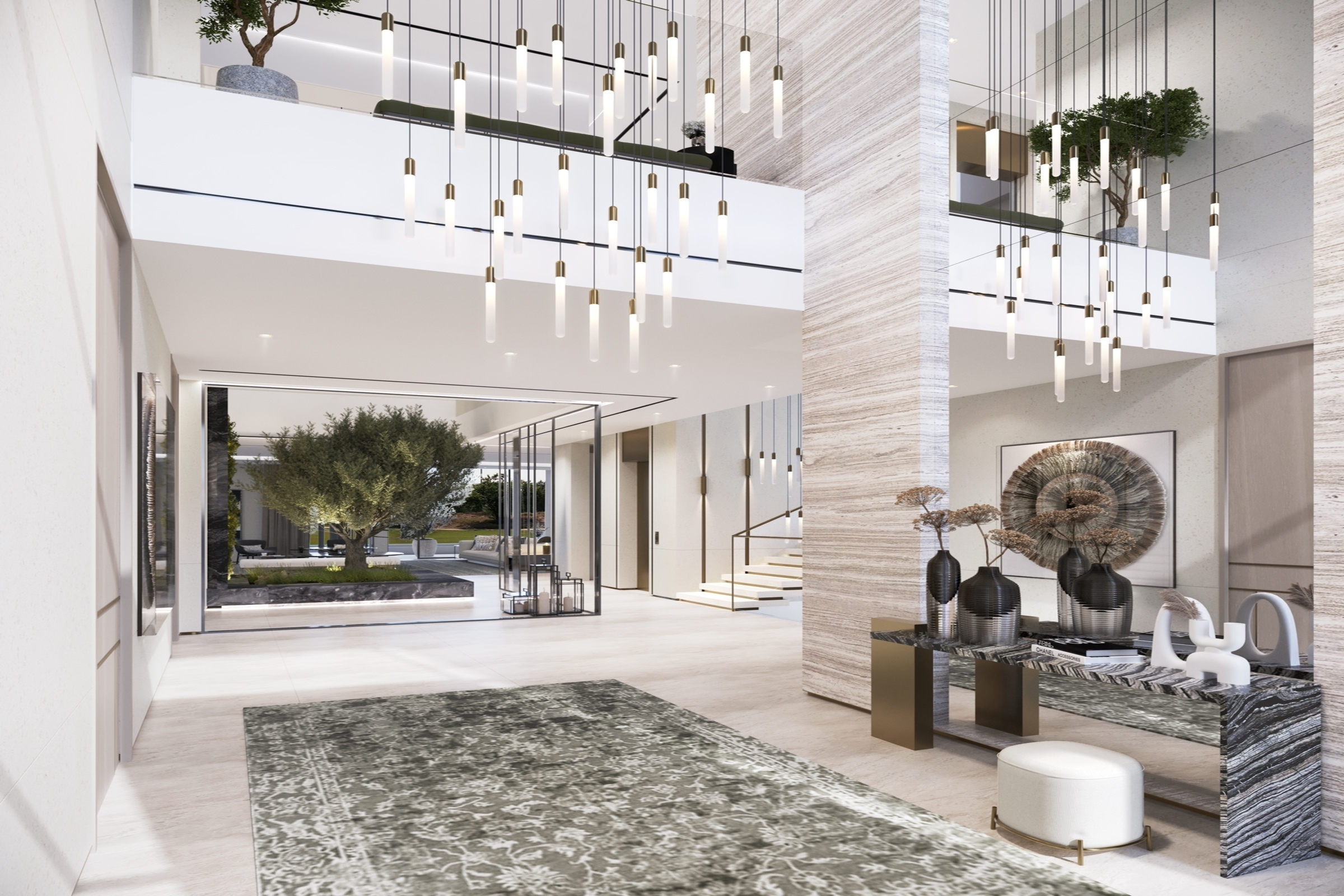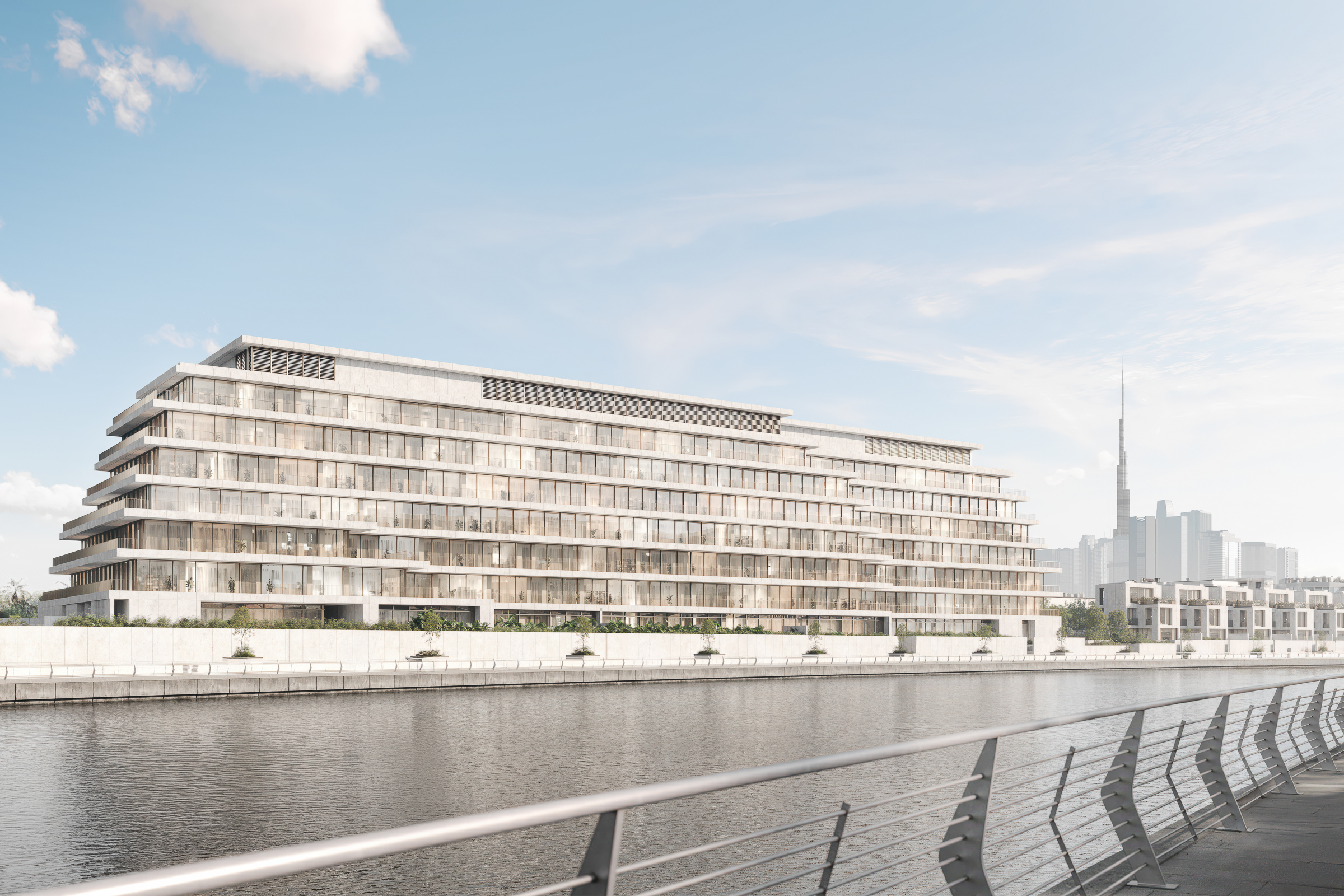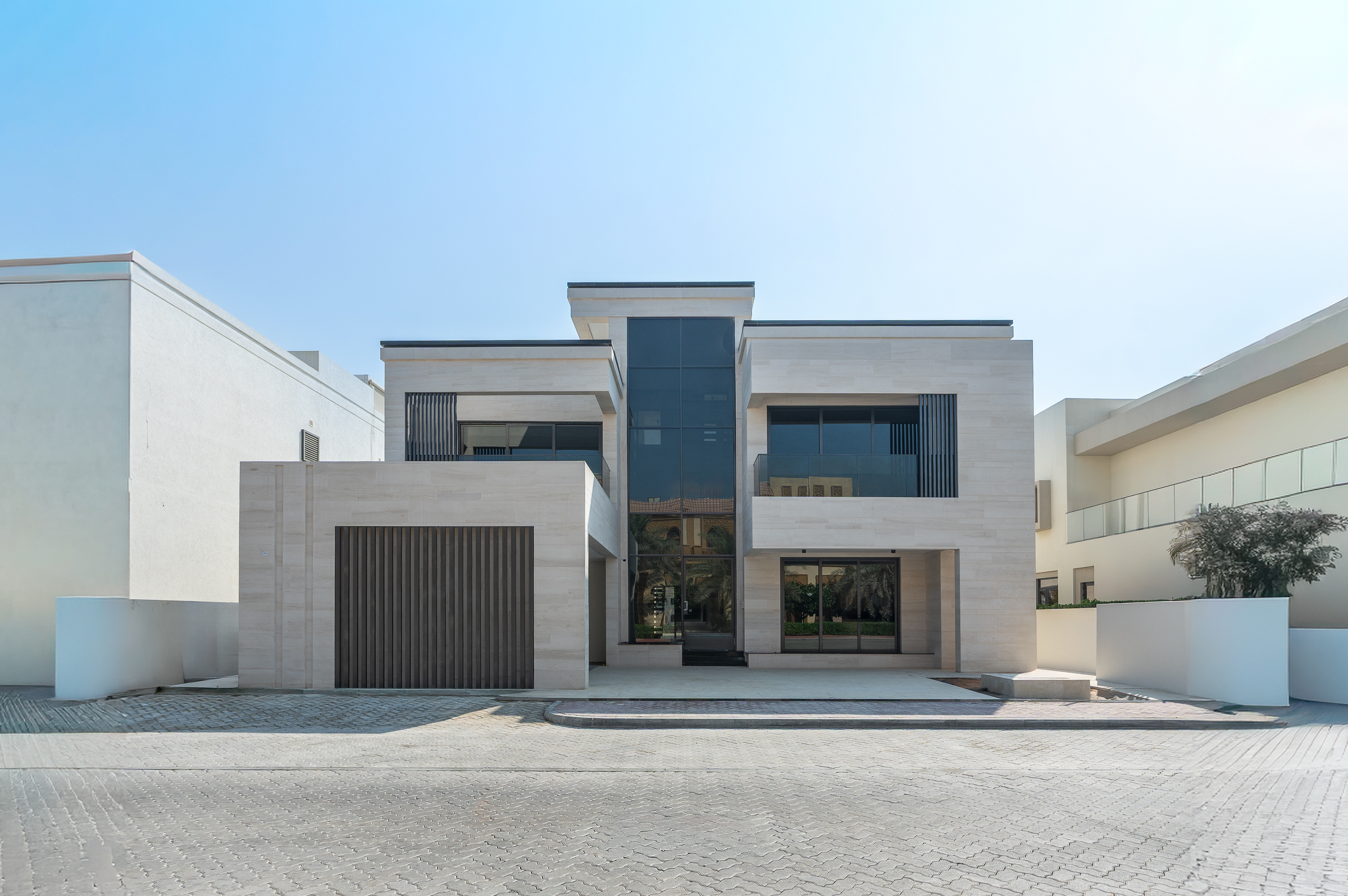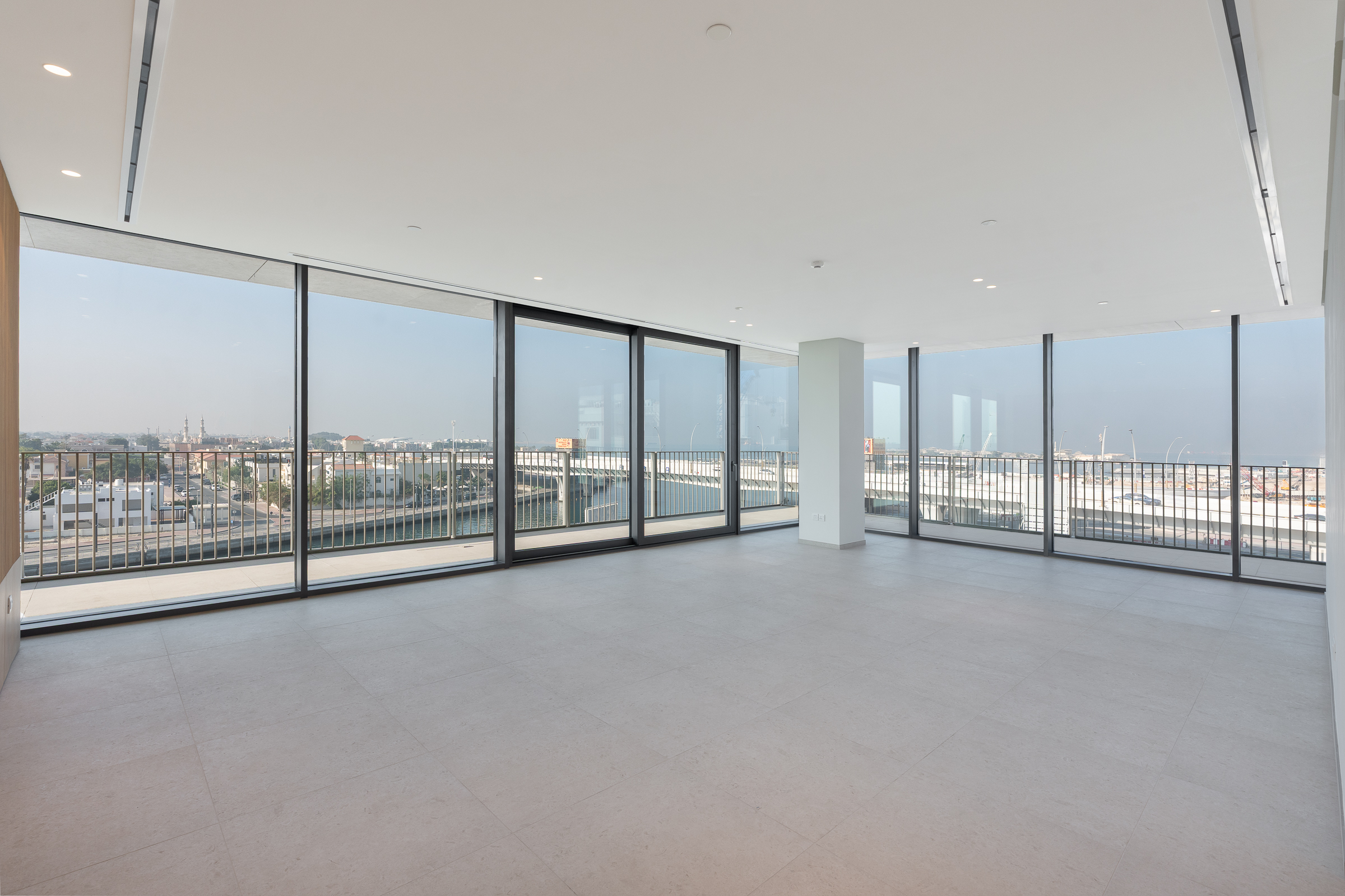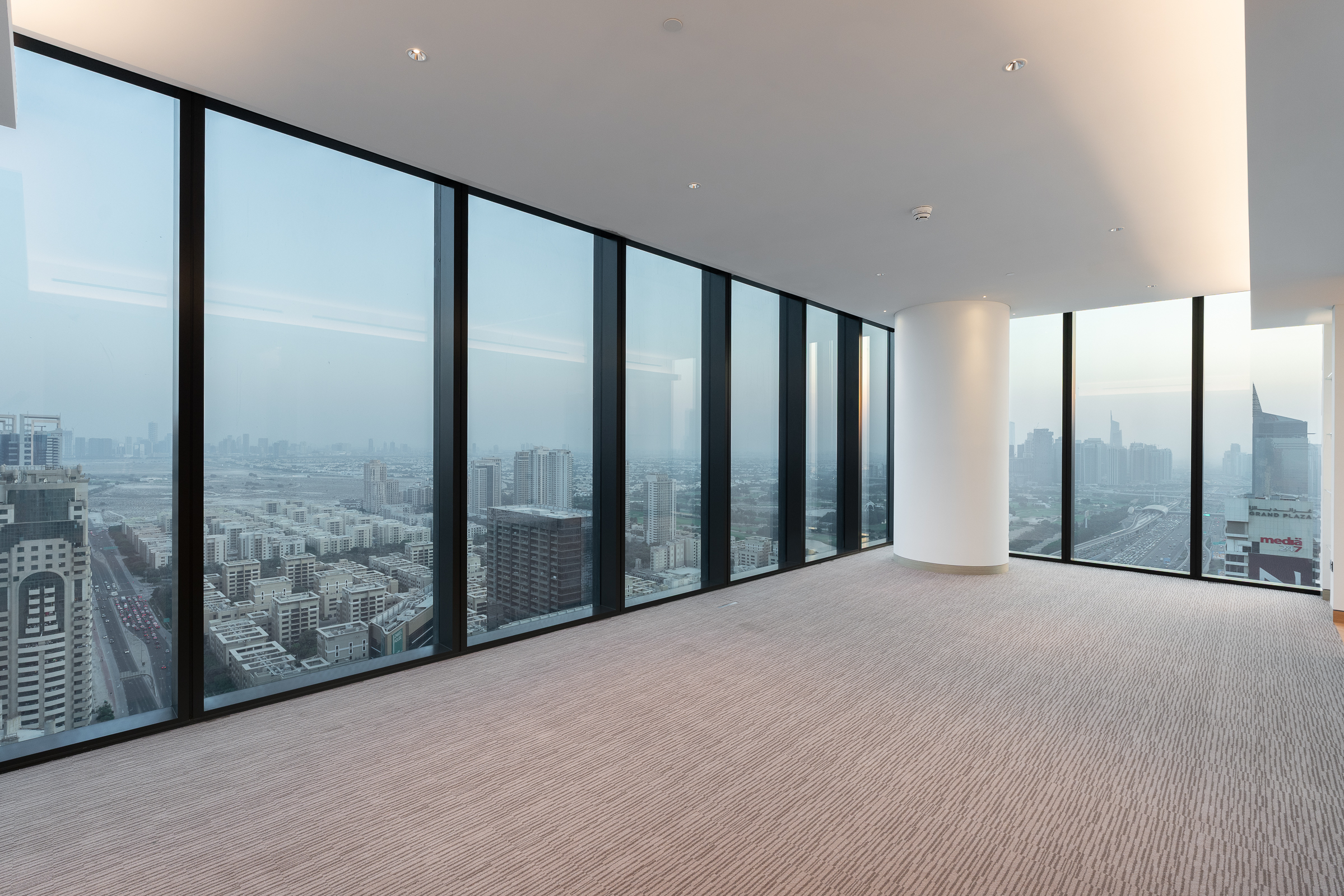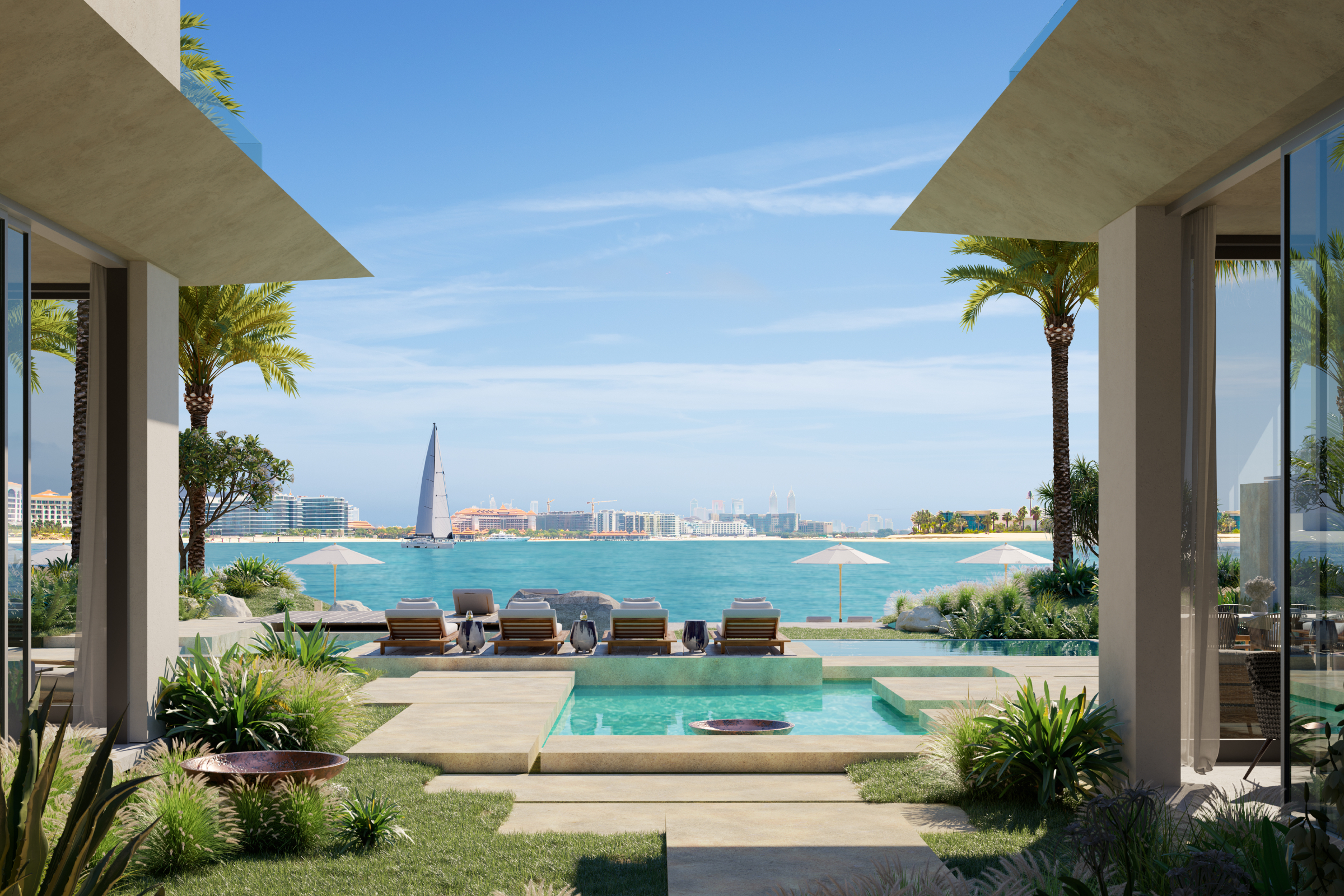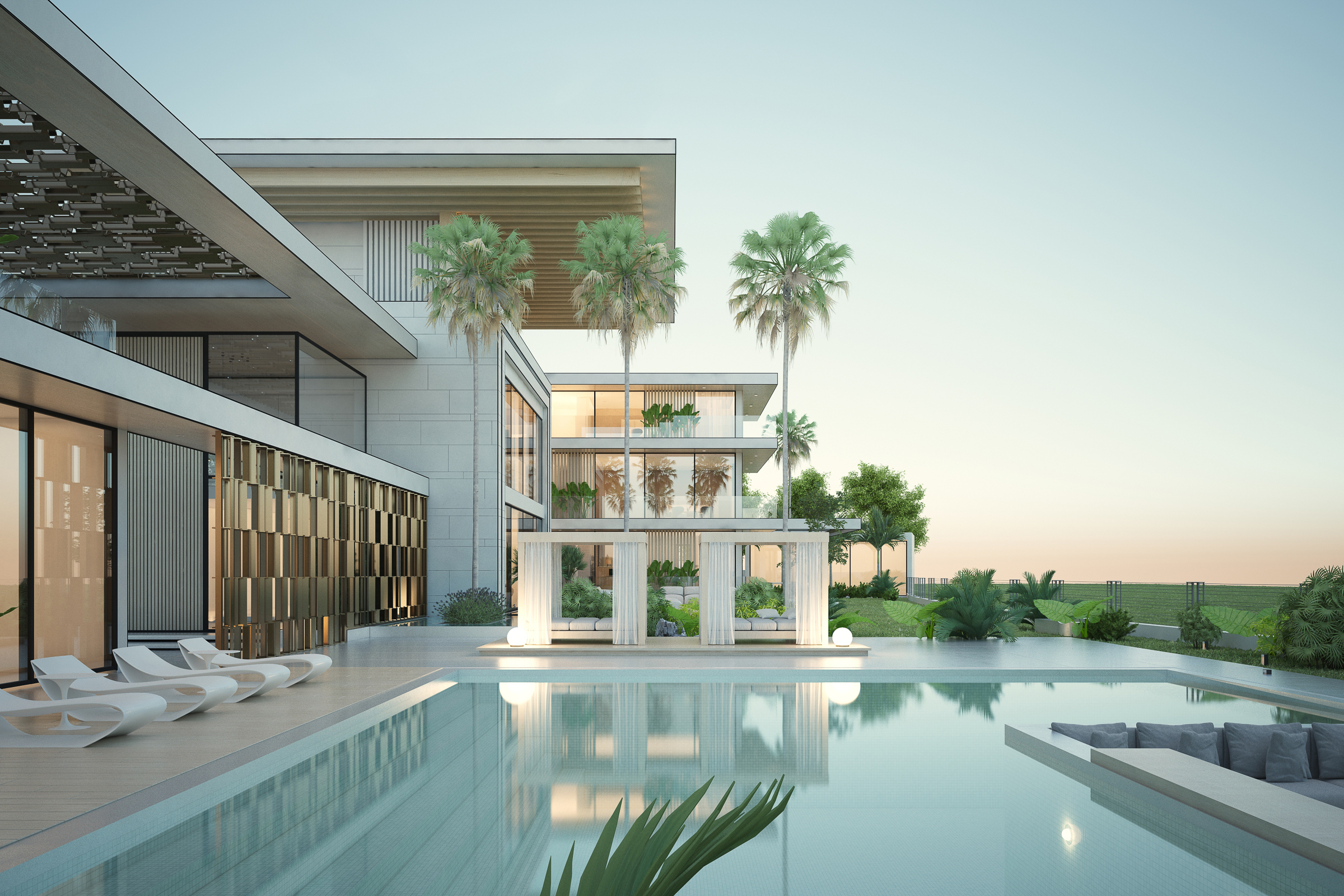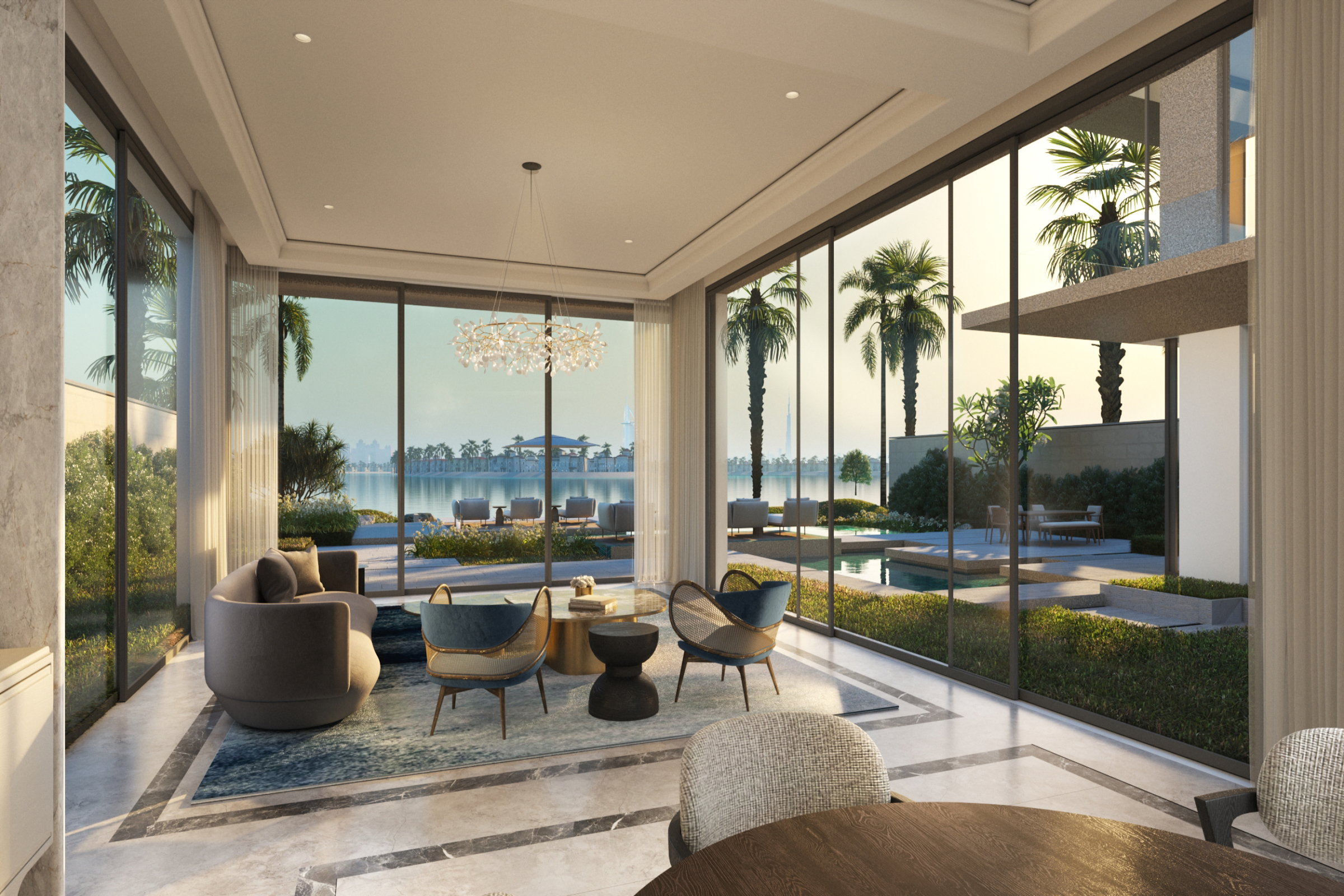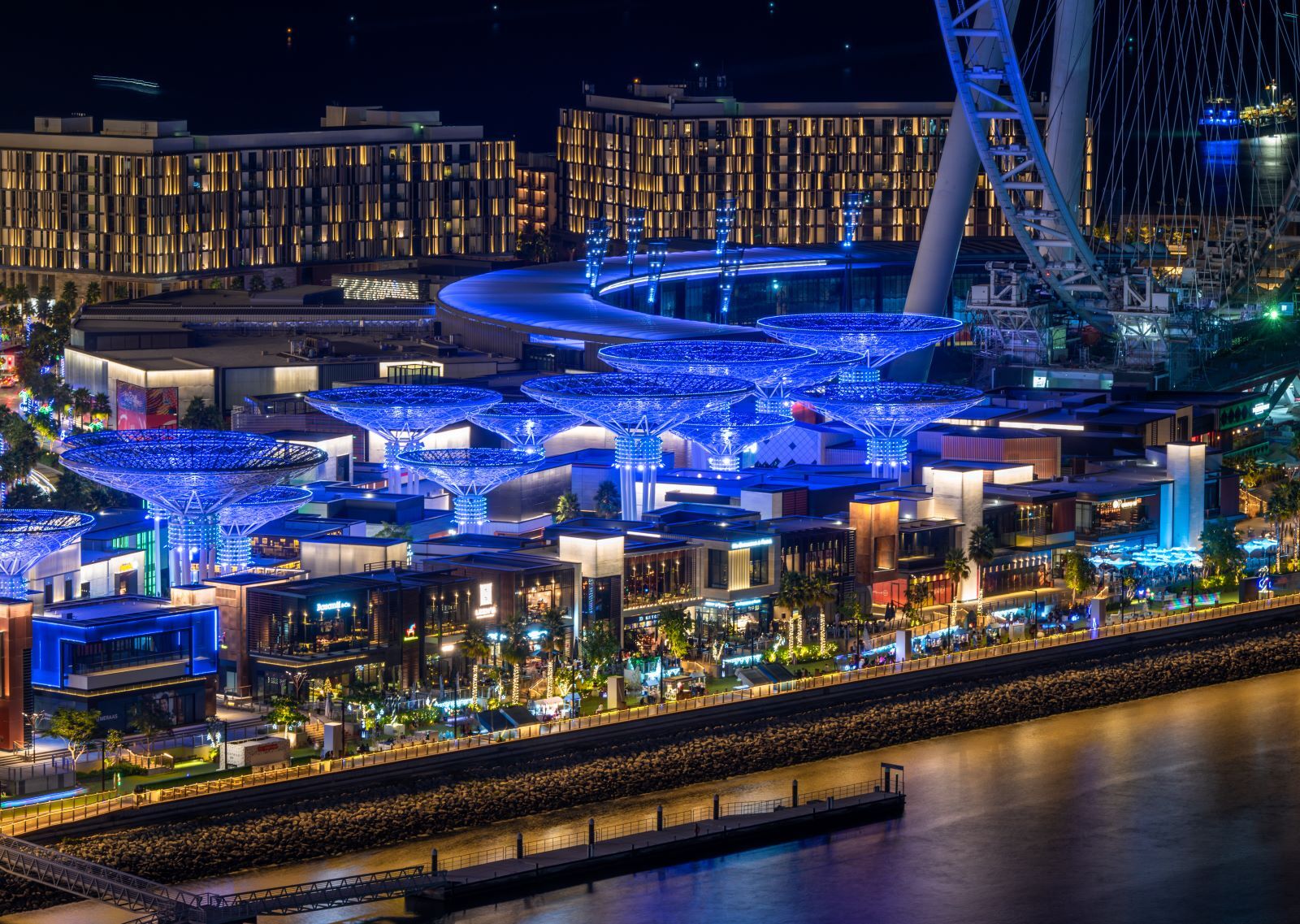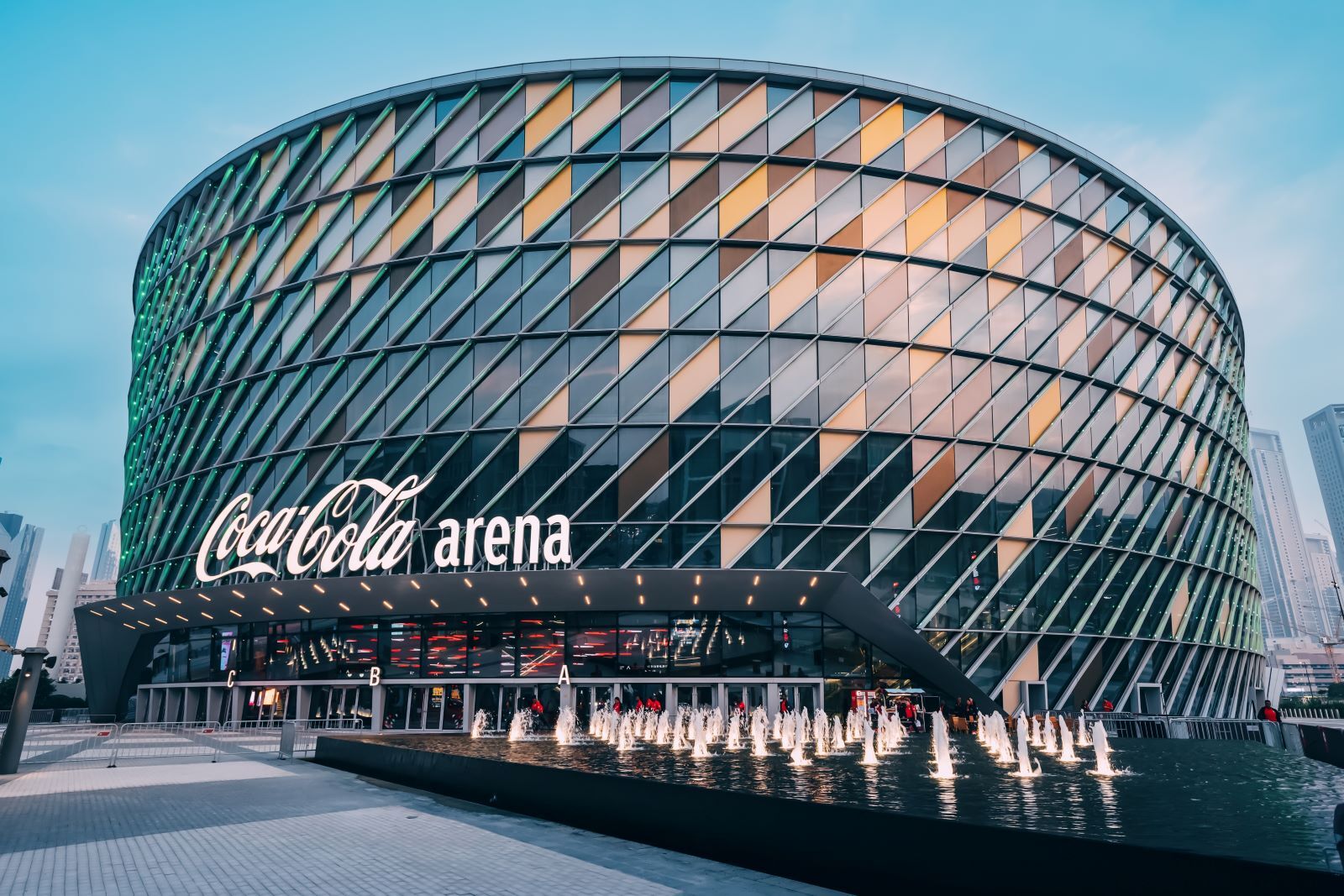Your Eligibility Guide For Buying Property in Dubai
Published: 27 August 2025
Dubai is a true economic powerhouse. Fuelled by a steady influx of expatriates over the past two decades, the city has gone from strength to strength. At the turn of the century, Dubai became the first Emirate to permit foreign property ownership – a pivotal move that has since seen foreign buyers account for over 70% of real estate ownership in the city. But just how straightforward is it to purchase property, and what eligibility criteria must be met? Read on as we explore everything you need to know.
.jpg?width=1024&height=506&name=unnamed%20(32).jpg)
Freehold
While the Dubai Land Department does allow foreign nationals to own property in the city, there are a few things you should know about property categories and buying criteria.
There are two types of property to consider, freehold and leasehold. Freehold simply means you own the building and the land it is built on, giving you complete control over the unit and the earth beneath it. This key difference is the reason why freehold properties usually command a higher price.
When it comes to eligibility, Dubai is welcomingly unrestrictive. The government realised relatively early that encouraging people to buy here would be good for the economy – an excellent decision in hindsight. Foreign ownership, then, is allowed in certain districts, which have been designated as freehold, such as Al Barari, DAMAC Hills and Emirates Hills. Companies are also eligible to buy property, but under the same model. A foreign company can own property within the free zone in which it trades.
Leasehold
Leasehold, on the other hand, means you are buying the right to own the property for a fixed period – usually 99 years. For this reason, leasehold properties can usually be acquired for significantly less. While this option is not open to all foreign citizens, it is possible for UAE and GCC nationals to own leasehold properties under Article 4 of Dubai Law No.7/2006, which guarantees their right to own property anywhere in Dubai with full freehold rights.
It should be noted that while leasehold ownership is common in countries such as the UK, it isn’t as popular in Dubai as most owners prefer freehold properties due to the extensive control they afford.
Visa Requirements
A UAE visa is required for any foreign national wishing to enter the country. However, visas are not available for citizens of every country, and the UAE regularly updates its requirements, so it is a good idea to check before making plans to buy property in Dubai.
On the other hand, once a person purchases property in the city, their visa status can be significantly improved. Owning property qualifies you for options such as the 2-year investor visa or a 10-year Golden Visa – provided the property meets the minimum value threshold and other eligibility criteria set by the UAE government.
To be eligible for a 2-year investor visa, you must purchase a property worth AED 750,000 or more. This does not include off-plan or commercial properties, and 50% must be paid upfront if a mortgage is required. Another option is the 10-year Golden Visa, which can be attained through ownership of a property worth AED 2 million or more. While these are two of the most common property visas, there is a range of other options available for property investors.
Mortgage Requirements
To obtain a mortgage in Dubai, you will need to meet certain eligibility criteria and ensure you are in possession of the required documents.
Generally speaking, you need to earn AED 15,000 or more and have been in your current role for at least 6 months. Some lenders require applicants to have been employed in the same company for at least 12 months for stability purposes.
If you are self-employed, the requirements are slightly different. Most lenders will require evidence that applicants have been running their business for at least two years and have an income of at least AED 25,000, while also requiring in-depth account details. A pre-existing relationship with the bank you are attempting to lend from can help smooth the process.
It is also important for applicants to understand the different mortgage options available. Fixed-rate mortgages offer stability and are suitable for those who prefer a predictable payment model, while variable-rate mortgages are appropriate for those who don’t mind some fluctuation in the market – if interest rates drop, then so do your repayments. Conversely, if interest rates rise, then you need to be prepared for your repayments to follow suit.
A discounted-rate mortgage can offer lower rates short term, but interest rates will revert to normal once the discount period ends. An offset mortgage is also a good option for those with substantial savings. For example, if you have AED 250,000 in savings and you have borrowed AED 2 million from the same bank, you will only pay interest on AED 1,750,000 – a nice perk.
Interest-only mortgages allow for lower repayments initially, but once the period is over, you should be prepared for repayments to increase substantially. This can be a good option for young people who are just beginning to build their property portfolio.
For GCC clients, an Islamic mortgage is also an option, which allows for interest-free lending under Sharia law.
Necessary Documents:
There are certain documents which are required when purchasing a property in the city. Of course, things like ID and proof of funds apply to everybody, while additional documents will vary depending on the type of investment you wish to make. While it is important to check which documents apply to your specific situation, some of the key documents needed will include:
- Original Passport, Visa, Emirates ID (for both seller and buyer)
- Original Title Deed or Updated Title Deed on Dubai REST App
- Original NOC from Developer for off-plan properties*
- Signed Form F (MOU) outlining the terms and conditions of the sale
- Salary certificate and supporting financial statements from the past two years, plus six months’ worth of bank statements
- Valuation report from a recognised real estate valuation company. You can also request it via the Dubai Rest app.
- Property inspection report and proof of property insurance coverage
- Documents in a foreign language must be attested and submitted with certified translations into Arabic
- Evidence of your down payment and details regarding any mortgage loan
- Copy of the Ejari registration certificate for rental properties
Whatever your circumstances, owning property in Dubai is certainly achievable. The key lies in conducting thorough research and ensuring full compliance with local laws and regulations. Like any property market, Dubai has its complexities, which is why seeking guidance from a local expert can be invaluable. With the right approach, property ownership in the city can serve as a stepping stone toward financial independence and the development of a robust, income-generating portfolio.
Discover : Properties for Sale in UAE
The Rings, Jumeirah
- 7
- 6
- 11,302 SQ.FT.
The Jasmine Collection, Jumeirah Golf Estates
- 9
- 5
- 4,972 SQ.FT.
Eden House The Canal, Jumeirah
- 2
- 1
- 962 SQ.FT.
Garden Homes Frond N, Palm Jumeirah
- 6
- 5
- 8,500 SQ.FT.
Eden House The Canal, Jumeirah
- 5
- 4
- 3,632 SQ.FT.
The S Tower, Dubai Internet City
- 5
- 4
- 5,062 SQ.FT.
Six Senses Residences, Palm Jumeirah
- 7
- 5
- 26,513 SQ.FT.
Palm Beach Towers 2, Palm Jumeirah
- 4
- 3
- 2,743 SQ.FT.
Emerald Hills, Dubai Hills Estate
- 10
- 9
- 31,000 SQ.FT.
Six Senses Residences, Palm Jumeirah
- 2
- 2
- 2,460 SQ.FT.
